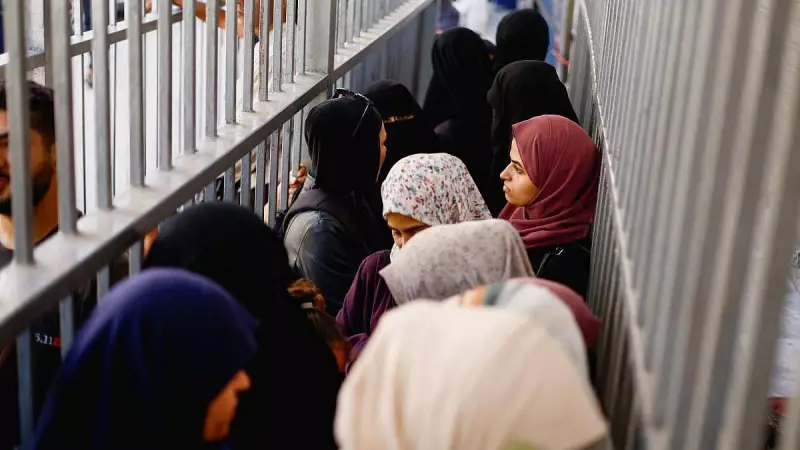
In the fragile calm following recent hostilities, Gaza's residents are confronting an unexpected financial emergency. While banks have begun reopening their doors across the battered territory, they're facing a stark reality: the money has virtually disappeared.
The Empty Vaults of Gaza
Long queues form daily outside banking institutions, but the optimism of accessing much-needed funds quickly turns to despair. Thousands of account holders are discovering that the financial infrastructure, already weakened by years of blockade, has been pushed to the brink by recent conflict.
The cash crunch has created a domino effect across Gaza's economy:
- Salaries for public sector employees remain inaccessible
- Families cannot withdraw savings for basic necessities
- Local businesses struggle to process transactions
- The informal economy is becoming the only viable option
A Humanitarian Crisis Compounded
This financial paralysis comes at the worst possible time for Gaza's 2.3 million residents. The territory was already grappling with:
- Widespread destruction of homes and infrastructure
- Limited access to clean water and electricity
- Overwhelmed healthcare facilities
- Food insecurity affecting nearly half the population
"We survived the bombs, but now we're being defeated by empty bank accounts," one resident lamented, capturing the frustration of many who see their financial lifelines cut off precisely when they're most needed.
The Root Causes
Banking officials point to several factors creating this perfect storm. The closure of the territory during active combat prevented normal cash replenishment cycles. Simultaneously, existing restrictions on movement of currency into Gaza have created chronic shortages now reaching critical levels.
International aid organizations warn that the cash crisis could undermine reconstruction efforts before they even begin. Without functioning financial systems, even allocated funds cannot reach those who need them most.
As the world's attention shifts away from Gaza's latest conflict, the territory faces a slow-burning economic collapse that may prove just as devastating as the military confrontation that preceded it.





